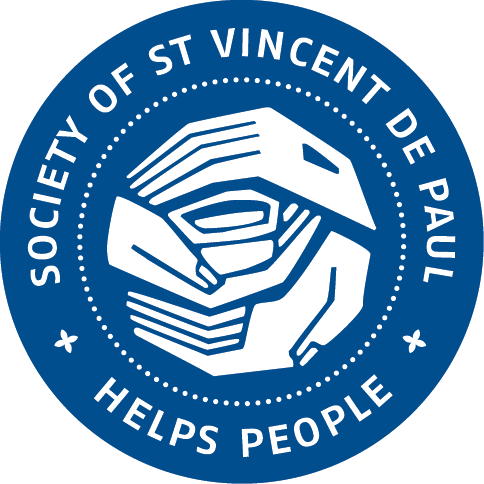A Sustainable Society
While the use of recycling in sustainable living is sometimes seen as an extra (and often avoided) financial burden, over the last year Vinnies in Wellington has made efforts to prove the opposite, by opting for low-cost methods of waste disposal. This has been achieved with the help of a “Your Sustainable Workplace” audit by Sustainability Trust, a gradual elimination of the use of plastics in op shops, and the successful Re Sew programme operating since November in a space above Vinnies in Kilbirnie.
Far from a cost-heavy scheme, reducing waste is financially, socially, and environmentally sensible, and the implementation of waste minimisation and well-organised disposal systems can create a longterm culture of recycling. This was part of the reasoning behind the push to improve the waste systems at Vinnies, with Wellington Area Council President, John Kennedy-Good, explaining Vinnies’ desire to show to the community their contribution and commitment to reducing waste and protecting the environment.
The first major initiative was inviting Sustainability Trust to complete an audit of the waste disposal in the office in late February, assessing systems of waste, in-office practices, and the existence of any waste minimisation culture. In short, the office was given an E, well below the required standard. When broken down, the waste streams were only split into two landfill bins and 360,000 litres of textiles sent to Save Mart, bringing the cost up to $35,350 per year.
Room for improvement was clearly identified, however, and the office has since brought in separate recycling streams for different materials, as well as reduced the number of landfill bins to one. In order to foster a waste minimisation culture, office bins have been replaced with compostable desk caddies, reducing refuse in general and thus lowering costs. A new audit is due soon, with high hopes that it will have eased the financial burden of waste disposal down to the $19,920 highlighted as a potential in the original report, especially given the level of responsibility that each member of the team has taken in reducing their own waste outputs.
The second key project in Vinnies’ year of sustainability has been the Re Sew project, headed by Caroline O’Reilly in Kilbirnie. Here, waste textiles from donations, as well as boxes of linen from the Intercontinental Hotel, are repurposed into bags, hats, gloves, and even snoods, as well as a variety of other patterns created to suit the climate and influenced by different cultures, often sent in by email. While roughly 10% of the textiles are too worn or damaged to be used, most of what previously would have been dumped is given new life, thus saving Vinnies some of the money spent on waste disposal.
Aside from waste reduction, the social benefits have been widespread, with Caroline highlighting the skillsets taught, contacts provided, and confidence built through the programme. Two volunteers with disabilities, for example, have gone on to work with the Altar Bread team in Newtown, gaining the confidence through Re Sew to enter the workforce. The ability of the project to “inspire people, to give them energy”, alongside the recyclable focus of the crafts made there, links well to Vinnies’ wider focus in social welfare.
Another key message is the fact that sustainability can be cheap, and the right set of skills and confidence can supplant more expensive ‘eco’ options. Re Sew has worked in collaboration with community centres and groups in Strathmore, Island Bay, and Newtown to make fabrics and patterns available to low-income families, and other opportunities have opened up at the Dixon Street Flats and Wellington City Museum to create access for those in the city. “The Suffrage 125” project will similarly benefitted Re Sew volunteers with its mix of historical research and the use of different fabrics and printing methods, building skillsets and knowledge alongside connections and confidence.
With both the ‘Your Sustainable Workplace’ audit and the Re Sew project, as well as the spread of plastic-free op shops, cultures of recycling and waste minimisation are emerging in the Vinnies workplace. As indicated by John, other Conferences around New Zealand, including Hamilton, Christchurch, and the Bay of Plenty, have shown interest in sustainability projects, particularly Re Sew. This forms part of a larger trend in companies adopting environmentally-friendly waste disposal policies, with Rob McGhee at the Sustainability Trust noting that the presence of a dedicated Green Team in the office greatly aids the process in terms of motivating colleagues to reduce both printing loads and their use of non-recyclable goods.
Similarly, the recycling of byproducts and waste into new items, exemplified by Re Sew, helps to create a larger culture of awareness around how much waste is actually produced in our society, and how much potential there is for repurposing this. Tote bags made out of old t-shirts are the finest example, reducing textile waste, helping to eliminate single-use plastic bags, and removing the need to buy more expensive, ready-made options. Alongside the vast social benefits of community-based sewing, sustainability is looking to be a longterm part of Vinnies’ future.

